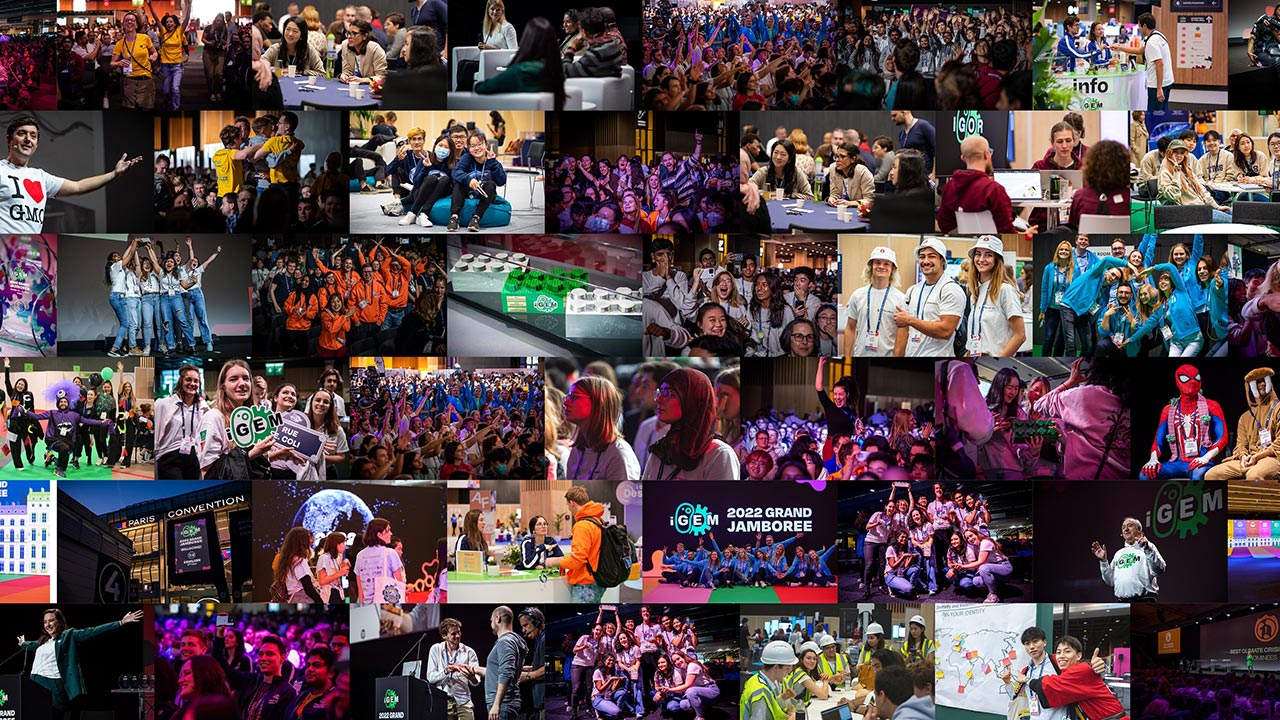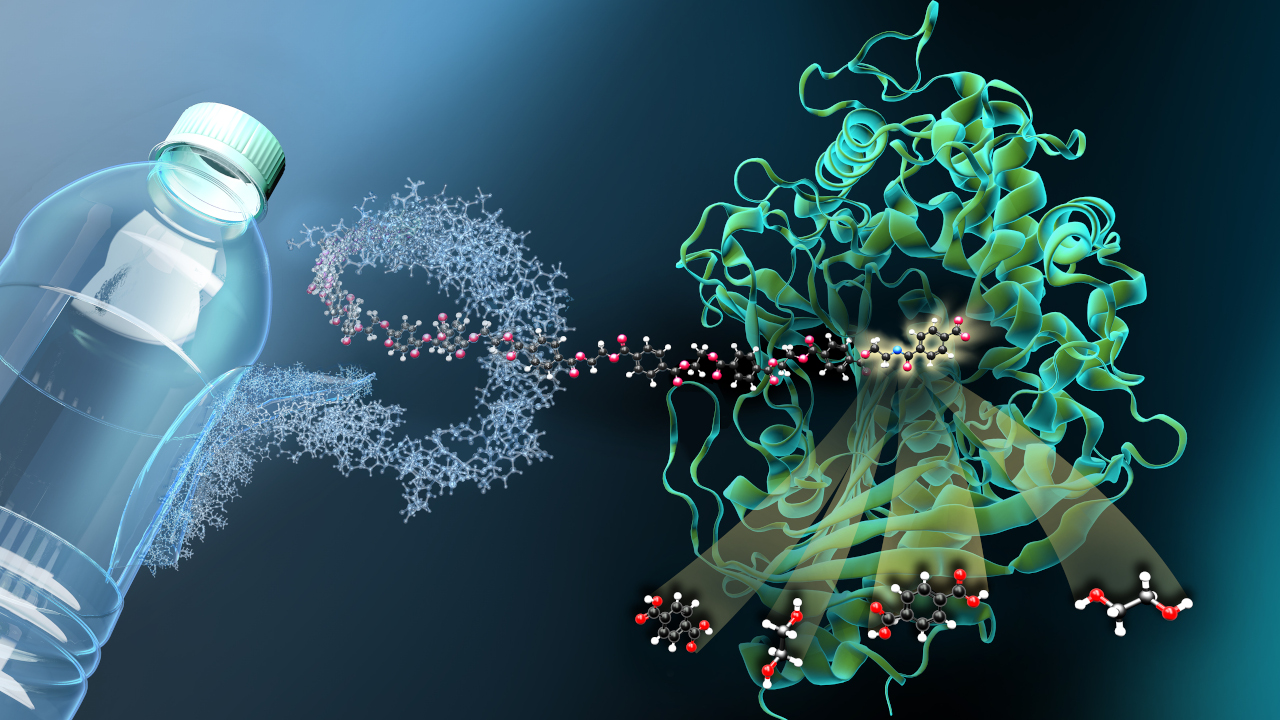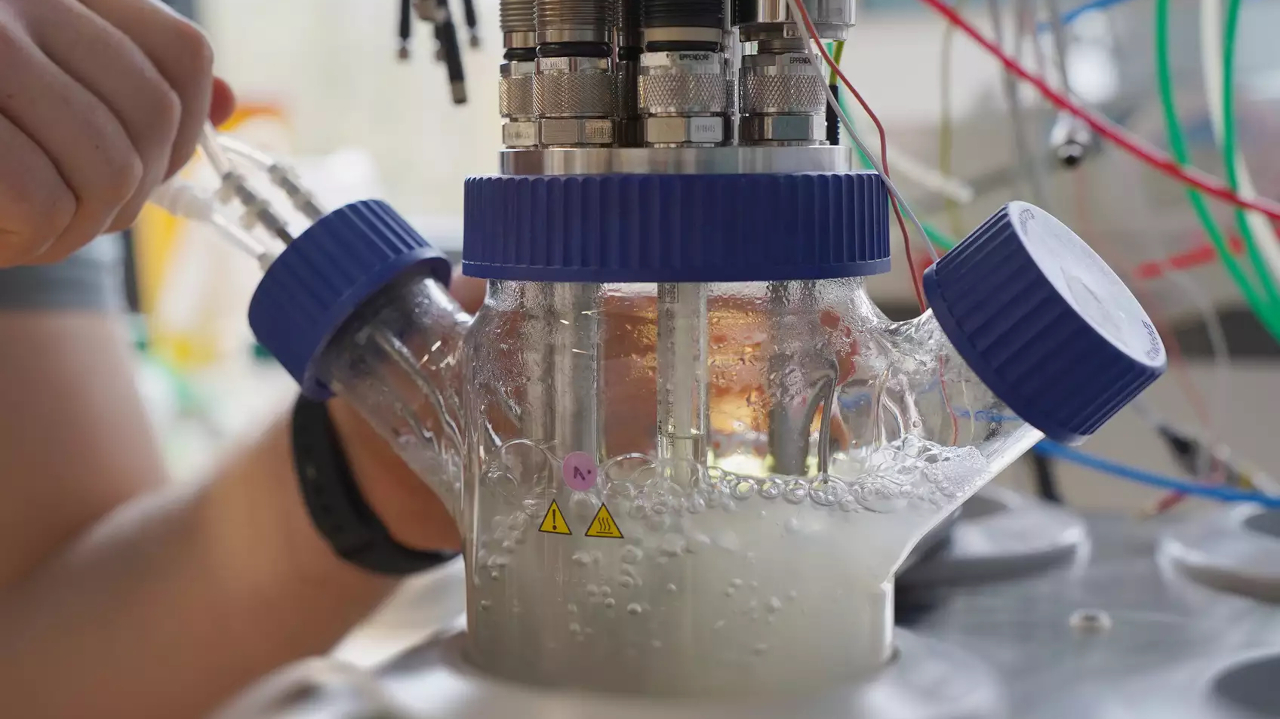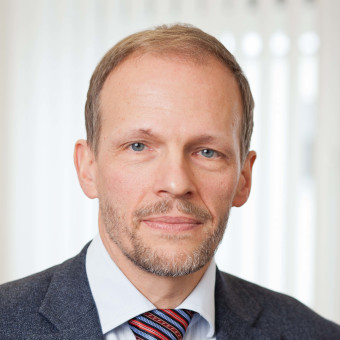iGEM competition: These German teams will compete in the final in Paris
The Grand Jamboree of iGEM, the international student competition on synthetic biology, starts in Paris on 2 November. There will be 19 university teams from Germany at the start. All projects at a glance.

It is the annual mega-event for synthetic biology: for the 20th time, thousands of young researchers, start-ups, investors, politicians and journalists from all over the world will come together from 2 to 5 November for the Grand Jamboree of the iGEM 2023 competition. This year, around 400 university teams will be competing in Paris for gold, silver and bronze medals as well as numerous other awards, including 19 German teams (see below).
The iGEM competition (international genetically engineered machine competition) is something like an annual academic bioengineering world championship: bioscience students work for around a semester on an application-related project from the broad field of synthetic biology. In order to solve a problem, biological systems are developed from so-called biobricks - modular biological components - which ultimately end up in a central collection of the iGEM Foundation. The teams' projects are presented at the Jamboree and via a project wiki and then assessed by a jury.
Relocation from Boston to Paris
After the Grand Jamboree had been held for many years in the iGEM hotbed in Boston, USA, the event moved to the French metropolis of Paris in 2022. The organisers hope that Paris Expo Porte de Versailles will provide a sufficiently large exhibition centre for the ever-growing number of participants, which is easily accessible for all nationalities and is also associated with sustainability.
There have also been changes to the competition. For example, the pandemic led to a regulation that has allowed teams to take part since 2020 even without their own laboratory work. A change from 2022 was rejected: teams must now once again present their project in a video in advance. This leaves more time on site for a direct exchange with the jury, the participants can optimise their presentation in English and, last but not least, the jury can deal with the topic at their own pace.
Numerous German teams are competing
More and more universities in Germany have set up iGEM project groups in recent years, many of which are integrated into the curriculum as modules. The German teams are consistently among the frontrunners in the competition,with the Munich team even taking overall victory in 2016. However, the concept and the Grand Jamboree as the final event are not without controversy in the German iGEM community. High participation fees and travel costs, a large event where the performance of the individual teams is often overlooked, insufficient protection of intellectual property - these are just three of several points of criticism. Team Göttingen has therefore decided not to take part in iGEM this year and is considering alternative formats.
19 German teams will be competing in 2023. bioökonomie.de provides an overview:
The German teams of iGEM 2023 at a glance
In the RareCycle project, the RWTH Aachen University team wants to use fungi to recycle rare earths. Currently, not even a fifth of the world's electronic waste is recycled, which means that vast quantities of valuable raw materials are lost. Certain peptides in the fungi can bind to rare earths. A process using yeasts that form these peptides on their cell surfaces is intended to help municipalities recover rare earths from electronic waste.
The team at Bielefeld University is focussing on novel mRNA molecules to treat cancer (project: ASTERISK). The molecules can bind specifically to cancer cells and kill them without damaging healthy tissue. An important part of the project is to identify corresponding markers of tumour cells against which this mRNA approach can be directed.
The team at the University of Bochum is focussing on β-lactam antibiotics. A whole-cell biosensor – Bacillus licheniformis – is to detect antibiotic residues using a fluorescent protein, degrade them enzymatically and signal successful degradation using another fluorescent protein.
In the NitraNix project, the Bonn-Rheinbach team is looking at nitrate pollution in groundwater as a result of over-fertilisation in agriculture. It has developed an enzyme-based system that can denitrify water without the need to release genetically modified bacteria into the environment.
The team at TU Braunschweig is developing a system for home use that will make it possible to measure the lithium content in samples. This is particularly important for people with bipolar disorder, as they are often treated with lithium. However, too much lithium leads to symptoms of intoxication, which is why regular measurements by a doctor have been necessary up to now.
The team at TU Dresden is focussing on wastewater treatment, in particular micropollutants and microplastics. A platform with immobilised enzymes from Thalassiosira pseudonana is intended to break down these pollutants. In one approach, the algae is to be induced to produce the enzymes on its own surface; in another approach, the enzymes are first produced in Escherichia coli and then brought into solution.
The team at the University of Düsseldorf has developed a fungus-based system to improve the supply of phosphorus to plants."Fungylizer" can recognise high phosphate concentrations in the soil. In this case, the system stores phosphate so that it cannot pollute the groundwater. When the phosphate concentration is low again, a genetic switch causes the fungal cell to die, the phosphate is released and is available to the plants.
The team at the University of Erlangen is investigating autoimmune intestinal diseases. Short-chain fatty acids, which are produced by intestinal microbes from dietary fibre, can help to protect the intestine. The researchers have developed a strain of Escherichia coli that can serve as a sensor for the ratio of different short-chain fatty acids and thus as an early warning system for an autoimmune intestinal disease.
The team at the University of Freiburg is addressing a problem in biotechnology: if microbes are used as production organisms and modified in such a way that they overproduce a certain product, this can put a strain on the normal processes of the cells and damage productivity - in the same way that sport increases body temperature in humans and the body has to intervene to regulate it. The researchers have now developed an autoregulatory system that ensures that only those cells that are productive survive in a bioprocess.
The team at the University of Frankfurt wants to tackle the increasing resistance to antibiotics among pathogens. One reason for the growing problem is insufficiently treated wastewater, in which antibacterial and antifungal substances as well as resistant germs survive. The researchers have now developed a simple and inexpensive rapid test to detect so-called β-lactam antibiotics in wastewater.
The team at the University of Hamburg is approaching the problem of antibiotic resistance from a different angle: It has developed a multi-component approach for drugs that attack pathogens via several mechanisms simultaneously and can thus both defeat multi-resistant germs and prevent new resistances from developing (project name: transFERRITIN).
The team at Heidelberg University wants to reduce the plastic waste problem by upcycling waste from different types of plastic. The basis of the system developed for this is a co-culture of two strains of Pseudomonas fluorescens, one of which can break down the plastic types PE and PET and the second of which forms a value-added product - the bioplastic PHA.
The six-person team from RPTU Kaiserslautern wants to combat environmental pollution with the help of the algae Chlamydomonas reinhardtii. Many wastewater treatment systems are unable to cope with certain medical or industrial wastewater, with the result that the relevant substances end up in rivers and other ecosystems. Atrazine, for example, has been banned in the EU since 2004, but can still be detected in drinking water. The algae has certain enzymes that can break down many such compounds. The team has developed small capsules in which the microalgae is embedded in nanoporous structures and can be added to contaminated water to purify it. A special protective mechanism ensures that the algae dies immediately if it leaves the capsule.
The team at the University of Marburg wants to expand the potential of green genetic engineering. To this end, it is developing a method that makes it easier to apply genetic transformation using the bacterium Agrobacterium rhizogenes to plants that are not established model plants.
The team from TU and LMU Munich wants to improve the B cells of the immune system. Synthetic B cells should have antibodies against specific targets and thus offer lifelong immune protection. Such cells should be able to adapt quickly to mutating viruses or protect high-risk patients from multi-resistant pathogens. The B cells should even be able to counteract neurodegenerative diseases before symptoms develop.
A second team from the two Munich universities is focussing on bioinformatics. To date, little is known about the interactions between drugs and if so, then usually only for two of the drugs involved. However, older patients in particular often take several medications at the same time, which is often associated with side effects. An AI-based system is now set to predict which combinations can lead to which problems.
The team at the University of Münster wants to protect bees from the Varroa mite. There are fungi that effectively kill this mite, but many bees do not survive the fungus. The researchers are therefore developing a vaccine for the bees against the fungus, which the queen can pass on to her offspring.
In the DentoZym project, the team at the University of Stuttgart is focussing on dental hygiene. Whether children with braces, senior citizens with dementia or people with Parkinson's or arthritis: there are often good reasons why regular tooth brushing is not as successful as it should be. The researchers are therefore developing a mouthwash consisting of enzymes, antimicrobial peptides and monolaurin, which is intended to destroy biofilms on teeth and prevent them from forming again.
The team at the University of Tübingen wants to improve the supply of blood for certain people, as different blood groups have different frequencies. To this end, a process is to be developed to convert group B blood into group A blood. The enzymes required for this are to be identified and produced in Escherichia coli.
bl/pg


